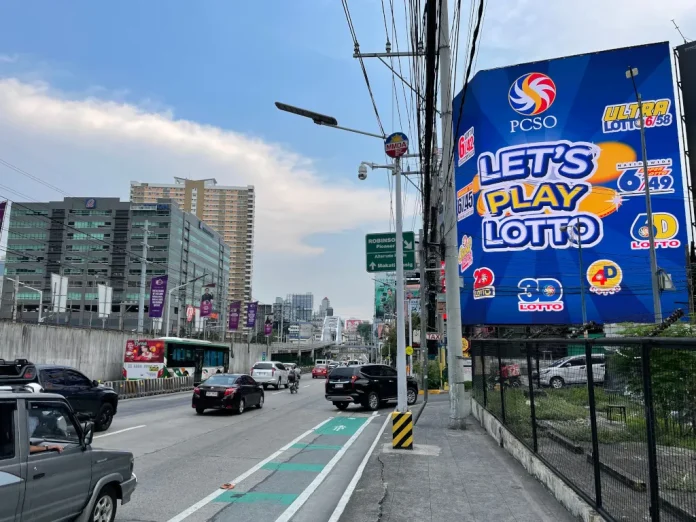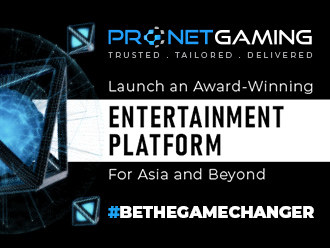The way the gambling industry is acting and presenting itself in the Philippines has changed greatly over the last decade or so, but not everyone seems pleased with it.
Travelers arriving in Manila by air these days are presented with gambling adverts before they have even had the chance to pick up their bags. Large displays around the arrival area at Ninoy Aquino International Airport are promoting a variety of products and companies in a curious mix between B2B and B2C adverts.
Newly Philippine Inland Gaming Operator (PIGO) licensed firms are trying to persuade local punters to try out their wares, while software providers are highlighting the benefits of their products in English, Chinese and other languages. Even the luggage trolleys encourage users to request more information about a gambling API, a term that will be unfamiliar to anyone outside of IT or product management.
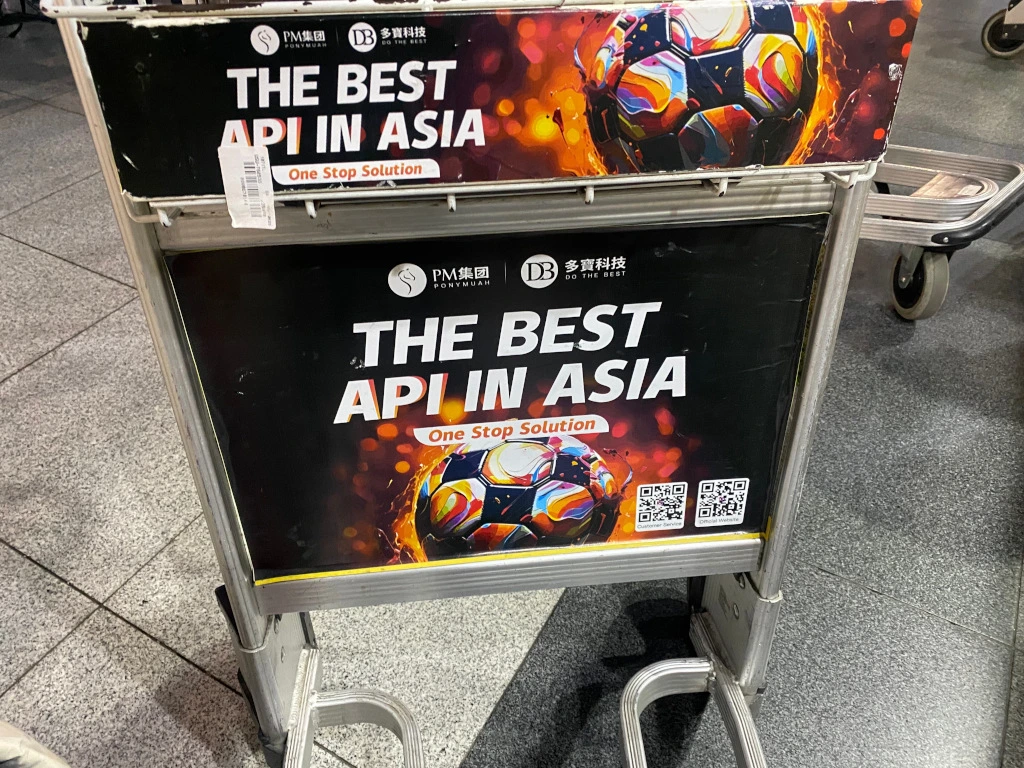
The marketing barrage continues in the city itself, where giant billboards tower over the perma-congested EDSA ring road, and celebrity endorsers look down on motorists in an attempt to catch their attention and encourage sign ups to local bingo, sports betting and casino websites.
This kind of openness would have been impossible little more than a decade ago, when Philippine Offshore Gaming Operators (POGOs) did not exist yet and offshore gambling companies mostly had First Cagayan licenses in their offices along Ayala Avenue in Makati. Printed invites for the first Asia Gaming Brief networking socials in Manila back in 2013 were hand delivered by myself to the various offices in PBcom Tower and RCBC, as simply looking up companies or employees on networks like Linkedin wasn’t an option.
Since then, the industry has opened up considerably in Manila and beyond. The networking socials grew into the ASEAN Gaming Summit, the pioneering industry event in the country, and changes in legislation and political environment allowed gambling to come out into the open. Not everyone is happy about this, however, as POGOs (now known as IGLs) continue to attract controversy in the Philippines.
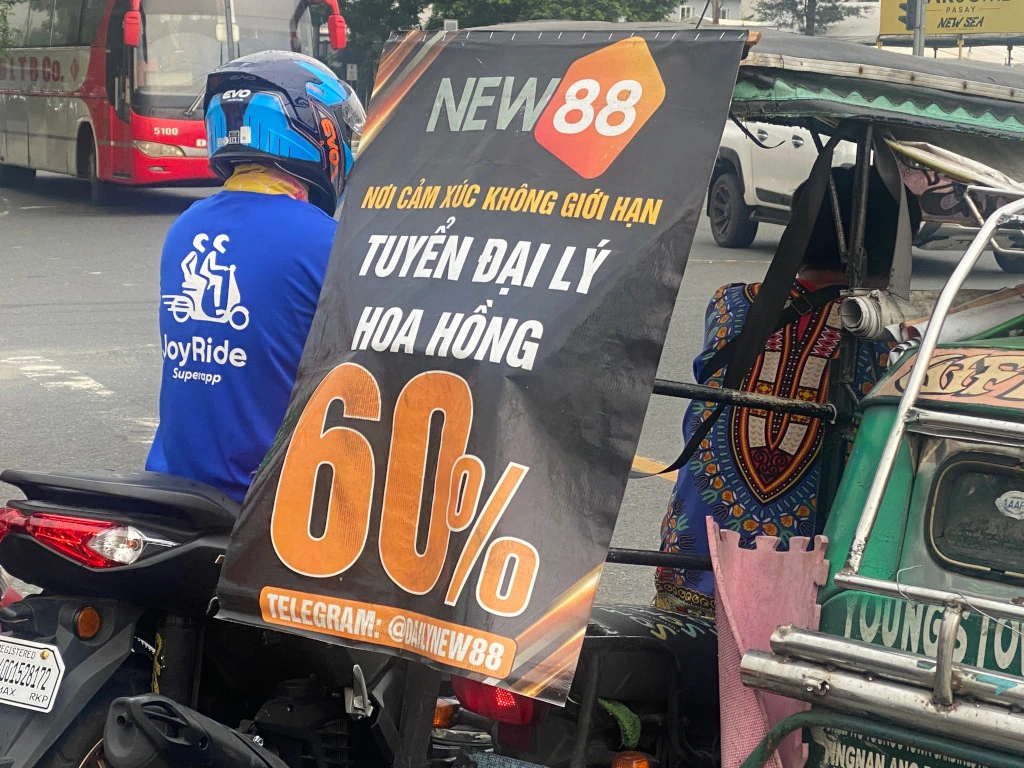
Initially brought in as a business-friendly option by the Philippine Amusement and Gaming Corporation (PAGCOR) around 2016, a number of unscrupulous operators have since seemingly abused the licensing framework and used it as cover for everything from money laundering to running scams. High profile stories such as the one surrounding “POGO Mayor” Alice Guo have also helped to shape public perception of gambling companies negatively, often to the detriment of the many firms who are trying to do things by the book.
The increased visibility of gaming operators in every day life has also caused public reactions in other ways, especially where links to China are seemingly present. An image depicting the advert of an apparently Chinese gambling software company on a bus in Quezon City, Metro Manila, recently attracted thousands of views on social media platform X, with some users voicing negative opinions about it. Tensions between China and the Philippines are already high due to China’s continued actions in the West Philippine Sea, and as a result many Filipinos do not perceive Chinese companies in a good light.
PAGCOR is aware of these concerns and already trying to get on top of things. POGOs are technically not called that anymore and now referred to as internet gaming licensees (IGLs), with PAGCOR Chairman and CEO Alejandro H. Tengco stating that these types of operators do not need to be outlawed and instead more should be done to intensify anti-crime operations. In his opinion, so called alien hacking and scam syndicates pose a greater threat to the country than IGLs.
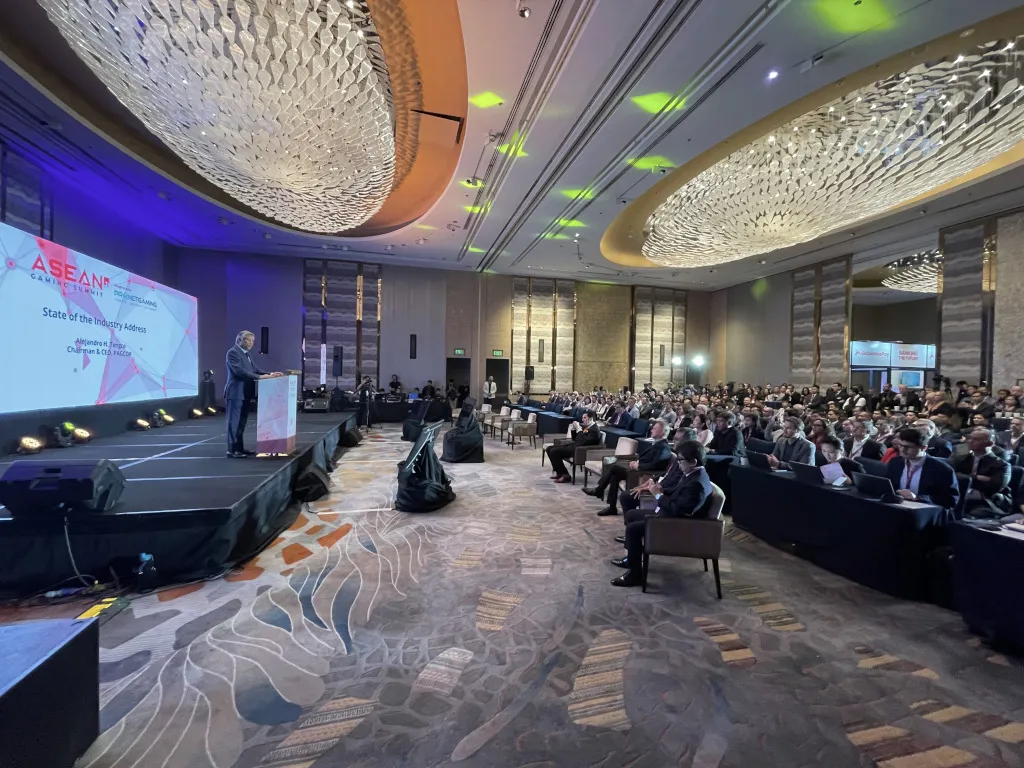
There have also been repeated calls to ban POGOs and other operations like them, but anyone with any insight into, or understanding of, the workings of Philippines politics will quickly realize that such outright bans are unlikely. Instead, we will likely see continued growth for the industry in the country, with the regulator trying to create a safe and competitive environment through new regulations and lowered fees. The aim is clearly to stabilize legalized gambling in the Philippines and maximize the positive economic impact that can be achieved from it.
Newly opened resorts like Solaire North display business confidence in the region and support its ambitions to compete with destinations like Macau. A growing number of local operators continue to thrive under the PIGO licensing regime and support the Philippines’ claim of being the leader in regulated gambling in Asia.
With the matter of offshore gaming operators being in the public spotlight again at the moment, regulatory actions can also be expected to bring increased order and stability to the field of IGLs. All in all, it is fair to say that the gambling industry in the Philippines has truly come out of the shadows and into the limelight in the last decade, and its potential for growth remains strong.


